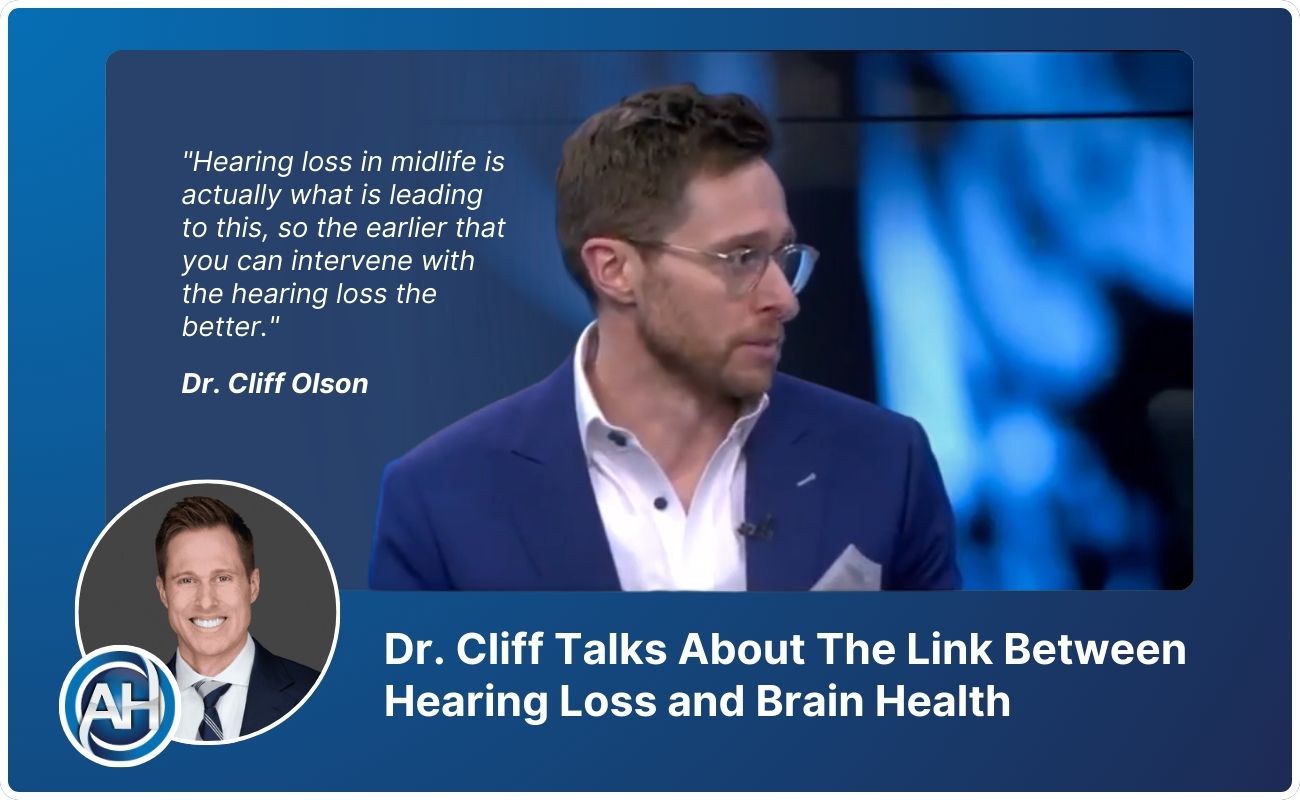
Two Hearing Aids Are Better Than One
While wearing a single hearing aid can help with hearing issues, wearing a pair of hearing aids offers far more significant benefits.
Integrate your CRM with other tools
Lorem ipsum dolor sit amet, consectetur adipiscing elit lobortis arcu enim urna adipiscing praesent velit viverra sit semper lorem eu cursus vel hendrerit elementum morbi curabitur etiam nibh justo, lorem aliquet donec sed sit mi dignissim at ante massa mattis.
- Neque sodales ut etiam sit amet nisl purus non tellus orci ac auctor
- Adipiscing elit ut aliquam purus sit amet viverra suspendisse potenti
- Mauris commodo quis imperdiet massa tincidunt nunc pulvinar
- Adipiscing elit ut aliquam purus sit amet viverra suspendisse potenti
How to connect your integrations to your CRM platform?
Vitae congue eu consequat ac felis placerat vestibulum lectus mauris ultrices cursus sit amet dictum sit amet justo donec enim diam porttitor lacus luctus accumsan tortor posuere praesent tristique magna sit amet purus gravida quis blandit turpis.

Techbit is the next-gen CRM platform designed for modern sales teams
At risus viverra adipiscing at in tellus integer feugiat nisl pretium fusce id velit ut tortor sagittis orci a scelerisque purus semper eget at lectus urna duis convallis. porta nibh venenatis cras sed felis eget neque laoreet suspendisse interdum consectetur libero id faucibus nisl donec pretium vulputate sapien nec sagittis aliquam nunc lobortis mattis aliquam faucibus purus in.
- Neque sodales ut etiam sit amet nisl purus non tellus orci ac auctor
- Adipiscing elit ut aliquam purus sit amet viverra suspendisse potenti venenatis
- Mauris commodo quis imperdiet massa at in tincidunt nunc pulvinar
- Adipiscing elit ut aliquam purus sit amet viverra suspendisse potenti consectetur
Why using the right CRM can make your team close more sales?
Nisi quis eleifend quam adipiscing vitae aliquet bibendum enim facilisis gravida neque. Velit euismod in pellentesque massa placerat volutpat lacus laoreet non curabitur gravida odio aenean sed adipiscing diam donec adipiscing tristique risus. amet est placerat.
“Nisi quis eleifend quam adipiscing vitae aliquet bibendum enim facilisis gravida neque velit euismod in pellentesque massa placerat.”
What other features would you like to see in our product?
Eget lorem dolor sed viverra ipsum nunc aliquet bibendum felis donec et odio pellentesque diam volutpat commodo sed egestas aliquam sem fringilla ut morbi tincidunt augue interdum velit euismod eu tincidunt tortor aliquam nulla facilisi aenean sed adipiscing diam donec adipiscing ut lectus arcu bibendum at varius vel pharetra nibh venenatis cras sed felis eget.
We work with folks who are trying to figure out how to deal with their hearing loss. One of the most commonly asked questions is if they can adequately address their hearing problem with just one hearing aid. While a single hearing aid can help with hearing issues, wearing a pair of hearing aids offers far more significant benefits.
We were born with two ears for a reason.
Have you ever wondered why our heads have ears on each side?
Our hearing system has evolved to aid us in our survival during the history of human evolution. But, in reality, our auditory system is responsible for more than just hearing; it also helps us maintain our balance! Our hearing allowed ancient humans to stay connected to the world around them, especially at night. They didn't have electricity to light up their surroundings. Hence, their hearing alerted them to any other humans or predators who could be nearby.
Although we no longer need to run from animal predators, our sense of hearing still supplies us with a whole spectrum of sound in our surroundings. Hearing using both ears, or binaural hearing, allows us to assess our distance from a sound and discriminate between speakers in a conversation.
Bilateral hearing loss is more common than single-sided (or unilateral) hearing loss. If you have been diagnosed with bilateral hearing loss, you should get two hearing aids rather than one. The usage of hearing aids in both ears has numerous advantages. Let's take a look at some of them.
Improved speech recognition
Speech recognition is one of the most challenging aspects of living with hearing loss. When you're talking to someone and have hearing loss, they may appear to be mumbling or muttering. You may have to ask them to repeat themselves. When you're out with a bunch of friends in a crowded area, the conversation gets much more difficult. It could be tough to tell the difference between the conversation and the background noise.
Hearing aids are built with superior speech recognition capabilities. If you have bilateral hearing loss, you'll need two hearing aids to fully benefit from speech recognition. The majority of hearing aids are now digital, and they can combine audio data from both hearing aids. You'll have a more natural experience with speech sounds with two hearing aids. It'll be easier to distinguish speech sounds from background noise.
Improved sound localization
Our hearing supports us in locating ourselves in our surroundings. However, people with hearing loss have difficulty determining distances between sounds or hearing sounds coming from specific directions (this differs depending on the configuration of your hearing loss). For example, you might not notice that a car is honking behind you or that someone on your right side is chatting to you.
When you have bilateral hearing loss, wearing two hearing aids increases your spatial reasoning and sound directionality in your environment significantly. In addition, when you treat your hearing loss with two hearing aids, you'll be able to hear sound from all 360 degrees of your environment, rather than simply 180 degrees.
Sound localization is a critical component of staying safe. Hearing loss increases the risk of accidents and falls, thus using two hearing aids increases your personal safety and awareness of your surroundings.
Using two hearing aids helps keep your mind sharp.
The majority of people wait an average of seven years after initially experiencing hearing loss before seeking treatment. Unfortunately, hearing experts have discovered that the longer you wait, the more probable your brain will become accustomed to jumbled sound signals.
Early detection and treatment of hearing loss ensure that the cerebral pathways that carry sound to your brain do not become obsolete. This carelessness could lead to problems with your cognitive ability in the long run. Hearing loss that goes untreated has also been related to an increased risk of dementia.
With this in mind, you can see how using two hearing aids keeps your brain working as it should do. For example, suppose you have bilateral hearing loss and just use one hearing aid to cure it. In that case, one of your ears will continue to struggle to understand sound, putting pressure on your cognitive abilities. Two hearing aids will maintain your neural pathways active and help your brain listen wholly engaged.
Are you ready to double up?
Our Audiologists provide complete hearing exams and hearing aid fittings. In addition, we collaborate with our patients to identify the best hearing solution for them. If you have bilateral hearing loss, we'll prescribe the best hearing aids for your specific lifestyle, budget, and hearing loss needs.




